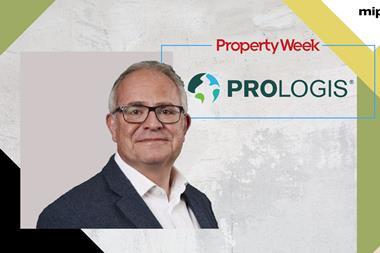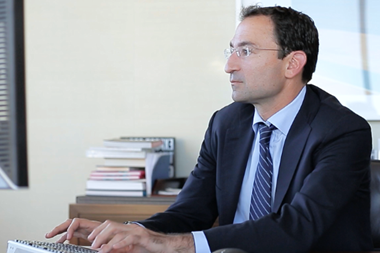Global TV and social media is awash with reality TV shows, usually regional variations on a theme featuring exposed individuals put into a highly pressurised environment without the necessary tools to cope properly.

In the UK, up to 10 million people tune into I’m a Celebrity… and social media comes alive with people’s outrage or excitement. It’s a cultural phenomenon. TV producers realise that these shows are tapping into an essential human need: gossip.
Gossip is crucial to human interaction and to building relationships. It helps build trust and determine behaviour. Gossip helps to create culture and defines the spaces that we use.
Whether it’s politics, football, the next England cricket captain or the latest episode of Love Island, we all spend a lot of time discussing people’s attributes, strengths and weaknesses, and speculating about their future success. Historically, this is how communities have chosen their leaders, established which relationships will last and set the boundaries for behaviour and inappropriate activities.
Gossip’s importance is built into our DNA and we all have an urge to gossip on a daily basis.
In the property industry, we would do well to understand this, because it should be the foundation upon which we build successful places. It is easy to understand the role gossip plays in the popularity of cafés and pubs, but it is also crucial in creating homes, offices and public spaces. Designing ‘collision points’ where gossip can take place in our developments is a vital first step, and in this hybrid working world it has never been more important.
Designing ’collision points’ where gossip can take place is a vital first step
It is broadly accepted that while virtual meetings can be effective, they are typically deeply unsatisfactory, the lack of an ability to gossip being a key factor. The discussions before a meeting, the joke that breaks the ice and body language, whether eyes rolling or a slump of the shoulders, are crucial to the human psyche, allowing people to create trust and a shared belief between them. Without these, humans wouldn’t be able to collaborate and deliver the massive projects that we do.
Therein lies arguably the most important role of the office. It is an environment that allows individuals to identify common beliefs, to set shared objectives and to agree joint activities to achieve them. This is done by creating trust that arises from gossiping and understanding individuals’ strengths and weaknesses, and the agreement of a shared vision for what success looks like.
Gossip is also crucial in residential communities. The ‘garden fence’ chat, a glimpse of your neighbours’ visitors, the overheard arguments and the invitation to a barbecue or summer beer are as important to residents’ enjoyment of their home as the type of oven or flooring used or the ceiling heights. Yet little consideration is given to these elements in the design of our modern homes, particularly in urban areas.
There is a natural inclination to turn our noses up at the likes of I’m a Celebrity… as adding very little to our communities. But instead, we should be focused on what we can learn from this fascinating human behaviour.
Barry Jessup is managing director of developer Socius
































No comments yet